Increasing suppression of dissent in Sri Lanka: HRW
The Sri Lankan government of President Gotabaya Rajapaksa is waging a campaign of fear and intimidation against human rights activists, journalists, lawyers, and others challenging government policy, Human Rights Watch (HRW) said today. The crackdown on dissent under the Rajapaksa administration has intensified in recent months, facilitated by the government’s highly militarized response to the Covid-19 pandemic, and has included intimidation, death threats, physical assaults, and arbitrary arrests.
President Rajapaksa’s party secured a parliamentary majority in elections on August 5, 2020. The results increased concerns that the government will exacerbate policies that are hostile to ethnic and religious minorities and further repress those seeking justice for abuses committed during the country’s 26-year civil war, which ended in 2009. The United Nations and governments that have previously called for accountability for past abuses should now call on the Sri Lanka government to stop targeting those pursuing justice.
“President Rajapaksa is rapidly turning the clock back to the repression that prevailed during the previous Rajapaksa administration,” said Meenakshi Ganguly, South Asia director. “The Sri Lankan government needs to hear that other countries are watching and will respond to renewed abuses.”
The Rajapaksa government has rapidly expanded the role of the military, including by appointing serving and retired officers to previously civilian leadership roles and creating several special “task forces.” The “Presidential Task Force to build a Secure Country, Disciplined, Virtuous, and Lawful Society” is composed entirely of military and police officers and has the power to issue instructions to any government official. Over 30 state agencies, including the police and the nongovernmental organization secretariat (NGO Secretariat), which regulates civil society groups, have been placed under the Defense Ministry.
The Defense Ministry has led the government’s response to the Covid-19 pandemic and has failed to uphold the government’s responsibility to ensure that response measures do not target or discriminate against particular religious or ethnic groups. In a little over 2 months, the authorities arrested over 66,000 people for allegedly violating curfew restrictions imposed to control the spread of the novel coronavirus.
The presence of security forces at checkpoints has been particularly severe in the predominantly Tamil Northern Province. One activist described intense checking by armed personnel in Jaffna. “How’s that going to stop a virus?” he asked. These measures have created further pressure on civic groups because “the contact tracing is run by the intelligence [agencies], not the health services, so there is no confidentiality.”
Authorities are obligated to ensure that patient confidentiality is protected even as they take steps to identify those who may have been exposed to the virus that causes Covid-19, Human Rights Watch said.
-
Still No Comments Posted.



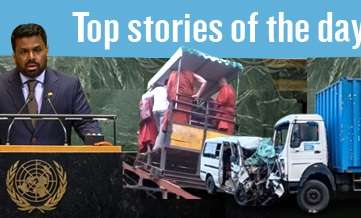
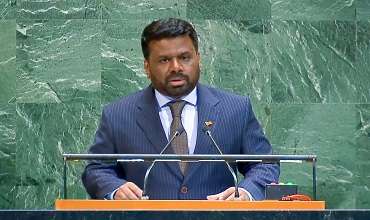
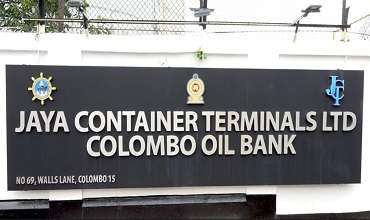
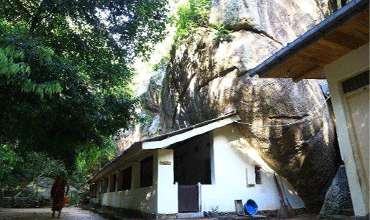
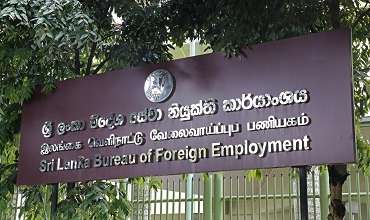
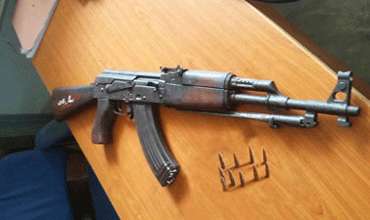
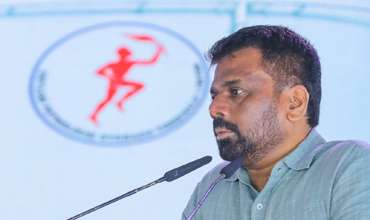
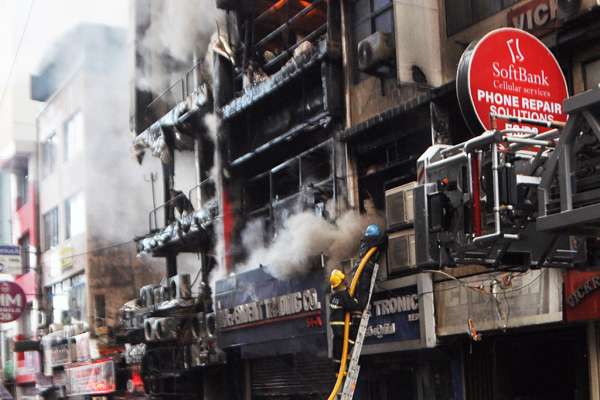
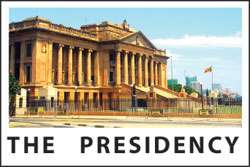

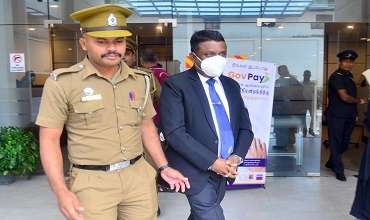
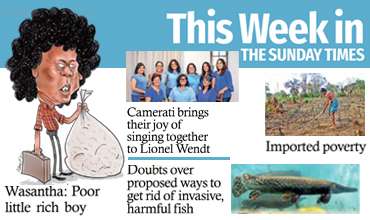
Leave Comments